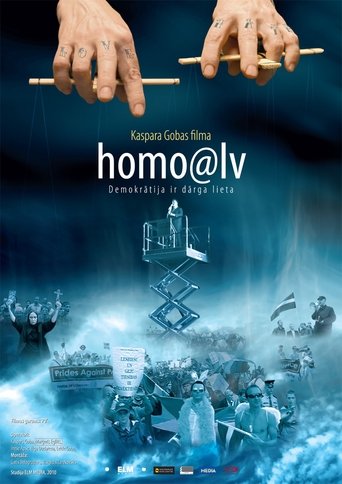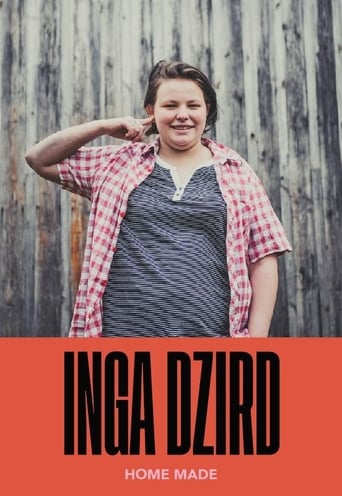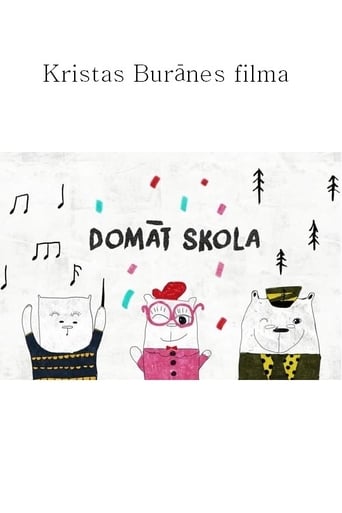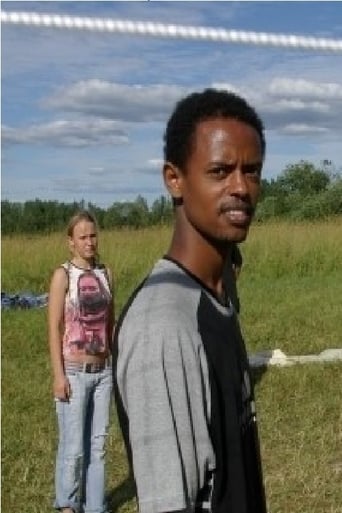For two months, the third-grade students at Cēsis’ New Primary School have been plan-ning and organizing their own graduation ceremony. Throughout this process, the teach-ers are only there to help, trusting in the children’s wisdom, responsibility and ability to organize themselves, make decisions and follow through. Preparations for the celebration involve all the school subjects, turning the school into a place of exciting discovery, where children learn by doing things that are important to them. They enthusiastically live life in the here and now, in all its difficulties and joy.



